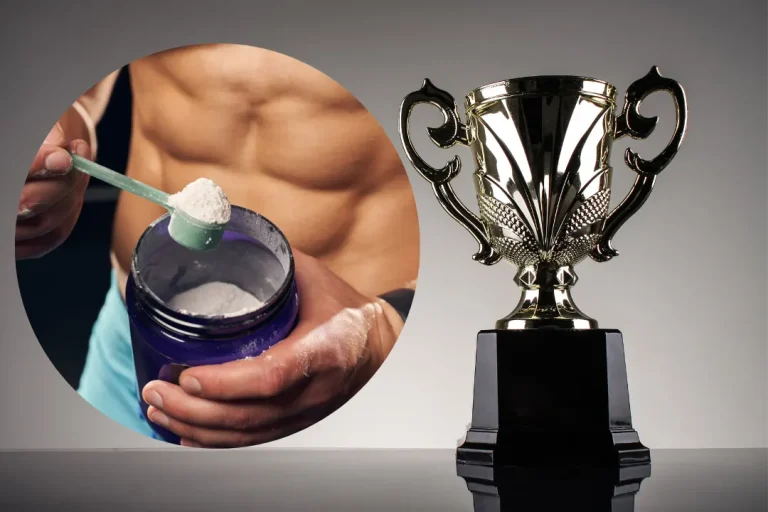
Nuzest-USA’s Clean Lean Protein product has received the Smart Drugs and Supplements award for the best plant-based protein powder supplement of 2023. This entrepreneurial enterprise is unique amongst the vast numbers of would-be competitors within its market for its notable focus on pure, hypoallergenic, vegan product ingredients, as well as for its climate-friendly sourcing and manufacturing policies and practices.
The future of Nuzest and its plant-based protein powder product line is promising. The global plant-based protein supplements market size was valued at USD 2.52 billion in 2021 and is expected to expand at a compound annual growth rate of 8.8 percent from 2022 to 2030. The market’s expansion can be attributed to rising consumer awareness of the nutritional values of plant-based products, which are usually high in amino acids and low in sodium. Due to concerns about food safety, moral considerations, food allergies, and the adoption of veganism to end animal cruelty, consumers’ preferences for plant-based protein supplements have changed. The market is expanding due to the rising demand for environmentally friendly proteins.
The Virtues of Plant-Based Protein: Nuzest-USA’s Clean Lean Protein, an Award-Winning Protein Powder, Sets New Standards for Quality and Purity is an original (SmartDrugs&Supplements) article.
Various awareness campaigns launched by non-governmental organizations, government agencies, and companies have increased consumer understanding of the nutritional benefits of protein supplements, which is expected to drive market growth. Furthermore, some protein supplement manufacturers’ product lines include natural and organic products, which is driving the market even further. The use of appealing packaging methods has improved consumer awareness, which has resulted in increased spending on protein supplements to improve overall health and stamina during strenuous physical activities. This is expected to boost the demand for the plant-based protein supplements market in the coming years.
Consumers are increasingly turning to plant-based diets as their awareness of animal welfare and environmental sustainability grows. The growing prevalence of lactose allergies and intolerance has boosted the demand for plant-based protein supplements. Furthermore, because of their higher amino acid content, protein supplements are becoming increasingly popular among fitness enthusiasts for their muscle-building properties. During the forecast period, aggressive promotion and marketing efforts in fitness centers and gyms, as well as the introduction of novel protein supplement products such as ready-to-drink supplements, are expected to boost product demand.
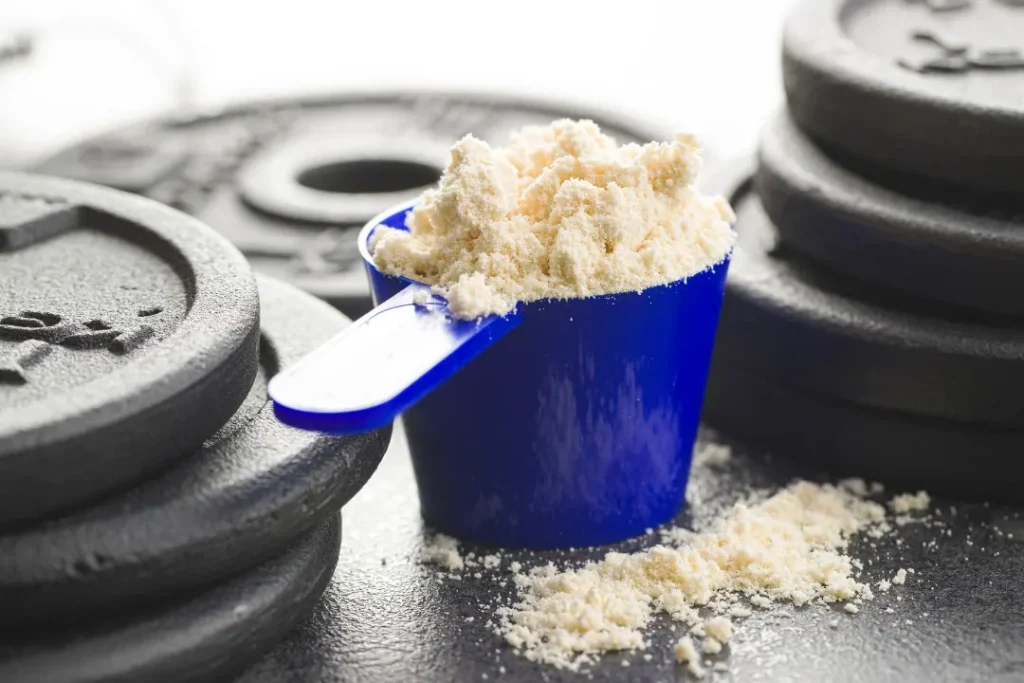
Nuzest Clean Lean Protein is made from pea protein, and that segment of the market is expected to expand at a compound annual growth of 9.1 percent during the forecast period. This is due to pea protein’s rising popularity among various consumers such as vegans, those allergic to dairy and egg proteins, and vegetarians. Furthermore, pea protein is hypoallergenic and free from gluten, cholesterol, and fats as it is extracted from green peas, thus attracting a larger customer base. Pea proteins are used to manufacture numerous protein supplements including energy drinks, shakes, powders, and smoothies. It is said to be a high-quality protein and a good source of iron.
Nuzest’s emphasis on product quality and manufacturing integrity is not surprising given its unique family-based history. Founded in New Zealand in 2012 by Trevor Bolland, the corporation makes a plant-based protein powder it sells under the brand name Clean Lean Protein. It was first formulated to meet the needs of Bolland’s daughter, Monique, who was diagnosed with multiple sclerosis when she was 22 years old. The father-daughter duo traveled around the world visiting clinics and talking with experts in the field. They learned that nutrition is a key element in treating and controlling Monique’s condition.
Bolland says they also learned that using the best ingredients available made an enormous difference in the effectiveness of the products they formulated. This devotion to quality has helped his company develop a loyal fan base around the world.
“We cater to people with allergy problems,” Bolland says. “Everything we make is plant-based. We’re gluten-free, dairy-free, soy-free, GMO-free, you name it.”
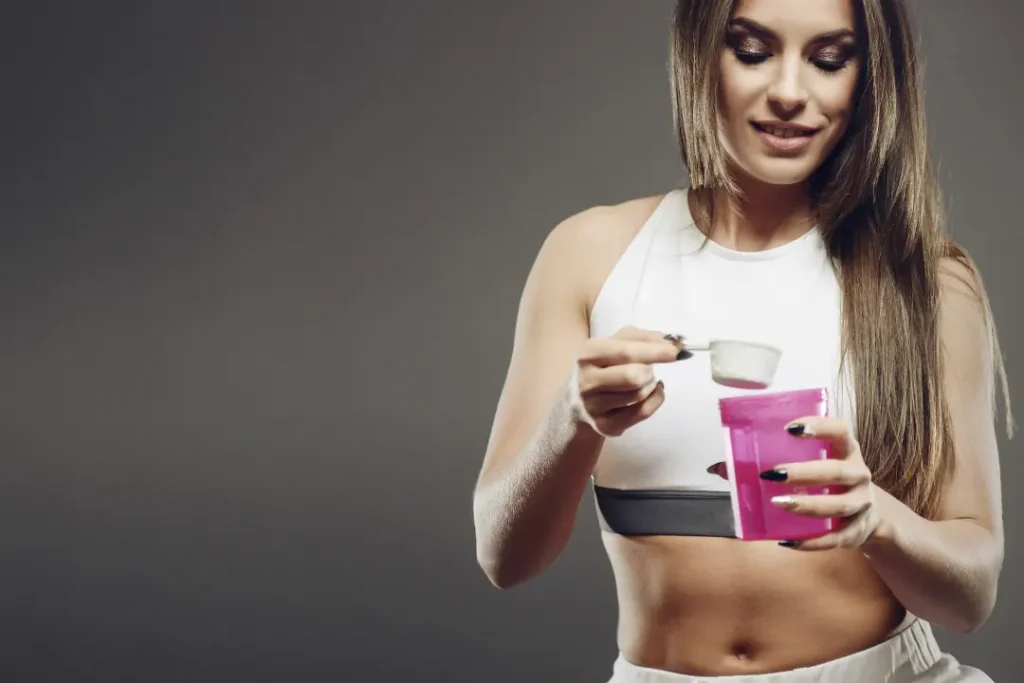
The market for plant-based protein powders is increasing at a rapid pace. For years, powders derived from whey – a milk-based product – have dominated the dehydrated protein market. The process for making these powders is relatively simple. Manufacturers begin with whey, a liquid byproduct from the cheese-making process that contains protein, water, fat, and carbohydrates. The last three components are removed, and the remaining protein is dried into a powder.
Whey powders contain all the essential amino acids required for the human body to produce the proteins it needs, and they provide a quick and simple way to boost protein intake. But the powders also have serious drawbacks, such as the levels of lactose they contain because they come from milk. Lactose intolerance is one of the most common complaints people have against milk-based products. It is estimated that more than two-thirds of the global adult population has difficulty digesting milk sugar, so relying on a whey-based protein powder could cause discomfort for many people.
A better alternative to whey comes in the form of plant-based protein powders derived from various sources such as rice, soybeans, and even hemp. One of the highest-quality sources of plant-based protein is yellow peas, which are the key ingredient in Clean Lean Protein.
Pea protein is one of the most easily digested plant-based proteins and is compatible with many diets since it doesn’t contain any of the top eight food allergens. In addition, pea protein powder mixes easily into water and has a smoother texture than other plant-based protein powders.
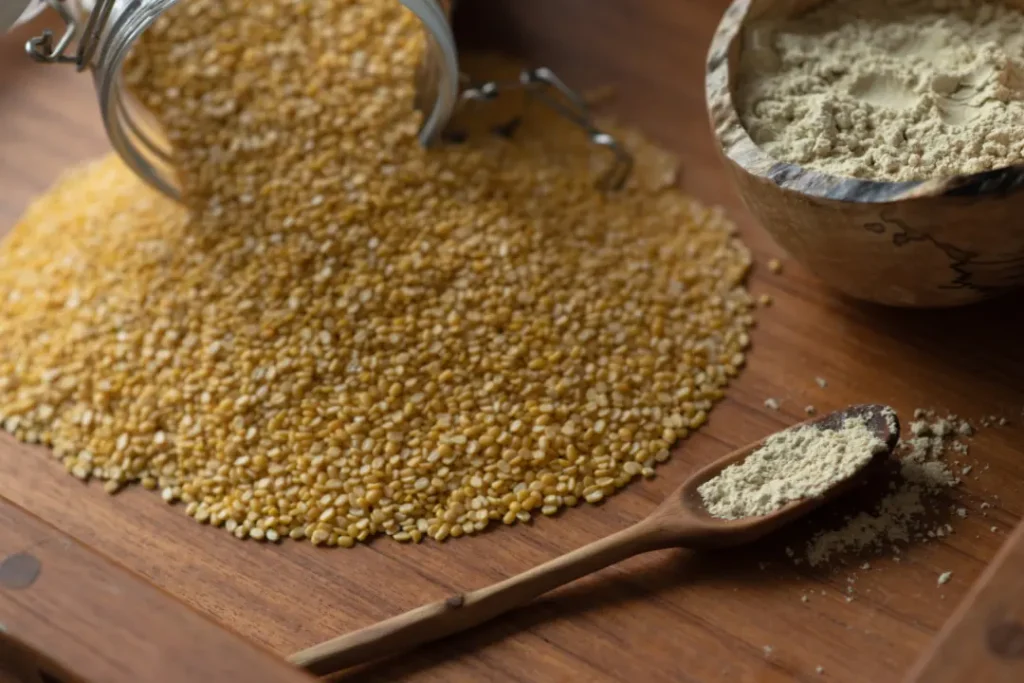
Both plant-based protein powders and whey protein powders contain roughly the same amount of protein per serving – usually between 20g and 30g. Consumers can ensure they’re getting the right combination of amino acids to meet their needs by talking to a medical professional and reading the ingredient list on each product. Clean Lean Protein packaging contains a list of the amino acids contained in each serving, making this a simpler process.
Plant-based protein powders are also an excellent source of important vitamins and minerals. Pea powder is an especially good source of iron. One serving of a pea-based powder can supply as much as one-third of the daily iron needed by an adult. Meanwhile, some whey-based powders contain no iron.
Another advantage of plant-based protein powders is that they can contain large amounts of good fats, the kind nutritionists say are needed by the body to help it absorb vitamins and minerals. Other healthy saturated fats found in many protein powders may help regulate appetite, which can be beneficial for weight reduction, blood sugar control, and hormone level maintenance.
People trying to increase the fiber in their diet find that plant-based protein powders often contain healthful amounts of that important nutrient, which promotes good gut bacteria, smoother digestion, and better heart health. A recent study published in the Journal of the American Heart Association found that a plant-based diet was linked to a lower risk of cardiovascular disease and death in middle-aged adults.
Also, some researchers have found evidence suggesting that a plant-based diet could play a role in cancer prevention. Other studies have shown that plant-based eating can be a helpful strategy for weight loss and type 2 diabetes management.
Nuzest has built a reputation over the years for using high-quality ingredients and also for developing extraction and production methods to ensure that those ingredients are minimally processed and turned into a clean powder. This helps to protect the environment as well as the customers who use these products.
The company uses government-certified GMP (Good Manufacturing Practices) contract manufacturers to make its products and undertakes Hazard Analysis Critical Control Point certification to ensure quality at every point. Nuzest has a robust testing regime to make sure its finished products are safe and free from major allergens like gluten and dairy. Pesticide and heavy metal testing are also conducted to ensure the products meet World Health Organization standards.
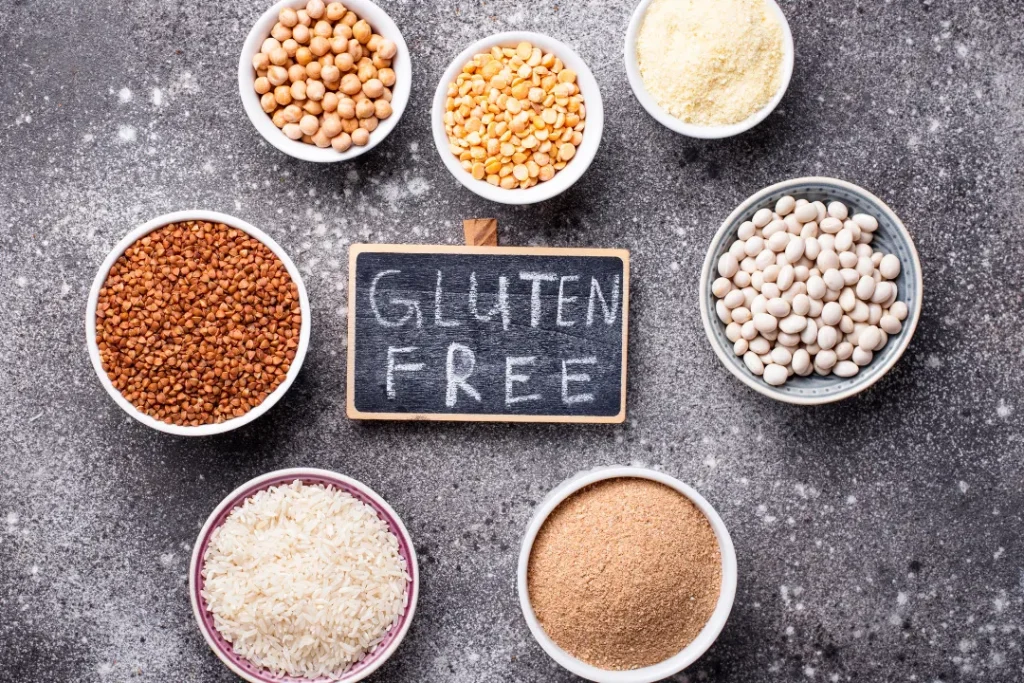
With a long history of quality products made from first-class ingredients at facilities that are designed to be environmentally friendly, Nuzest’s Clean Lean Protein is a natural choice for this year’s recognition by the SDAS.
About
Smart Drugs and Supplements provides continuously updated content about smart drugs (nootropics), dietary supplements, vitamins, minerals, and herbals for its readers.
Important Note: The information contained in this article is for general informational purposes only, and should not be construed as health or medical advice, nor is it intended to diagnose, prevent, treat, or cure any disease or health condition. Before embarking on any diet, fitness regimen, or program of nutritional supplementation, it is advisable to consult your healthcare professional in order to determine its safety and probable efficacy in terms of your individual state of health.
Regarding Nutritional Supplements Or Other Non-Prescription Health Products: If any nutritional supplements or other non-prescription health products are mentioned in the foregoing article, any claims or statements made about them have not been evaluated by the U.S. Food and Drug Administration, and such nutritional supplements or other health products are not intended to diagnose, treat, cure, or prevent any disease.